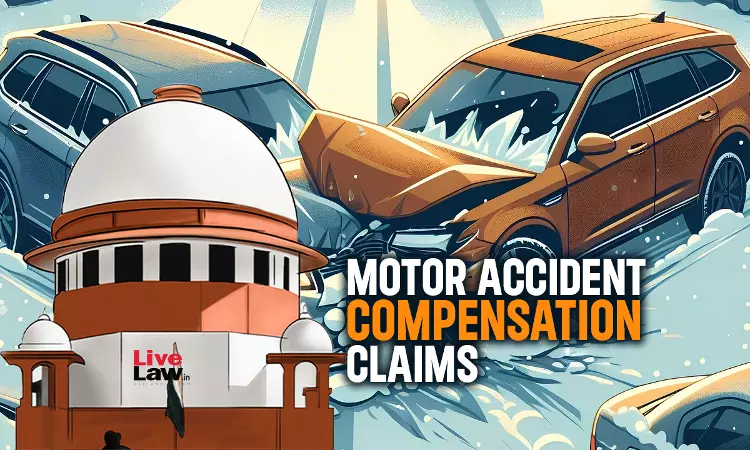Frame Cashless Treatment Scheme For Road Accident Victims During 'Golden Hour' By March 14 : Supreme Court Directs Centre
Amisha Shrivastava
8 Jan 2025 8:24 PM IST

Next Story
8 Jan 2025 8:24 PM IST
The Supreme Court today (January 8) directed the Central Government to frame a scheme for cashless treatment for victims of motor vehicle accidents during the “golden hour”, the first hour after a traumatic injury when prompt medical care has the highest likelihood of preventing death by March 14, 2025.“Once the scheme is framed and its implementation starts, it will save the lives...
